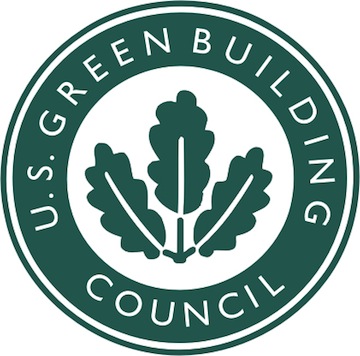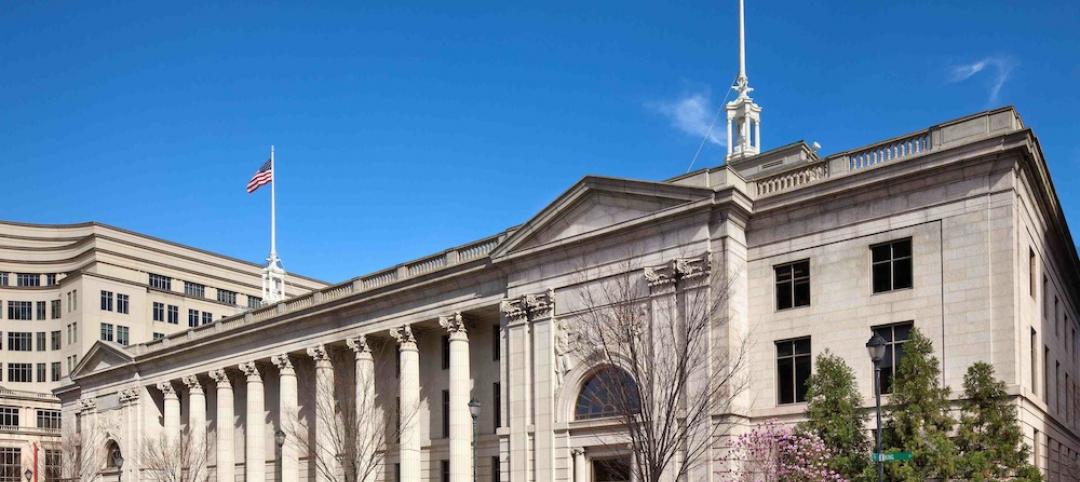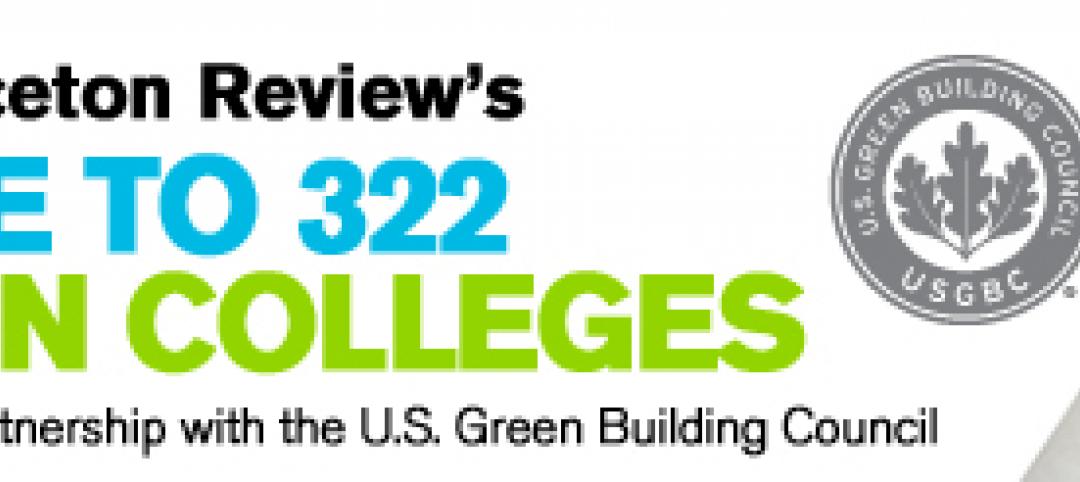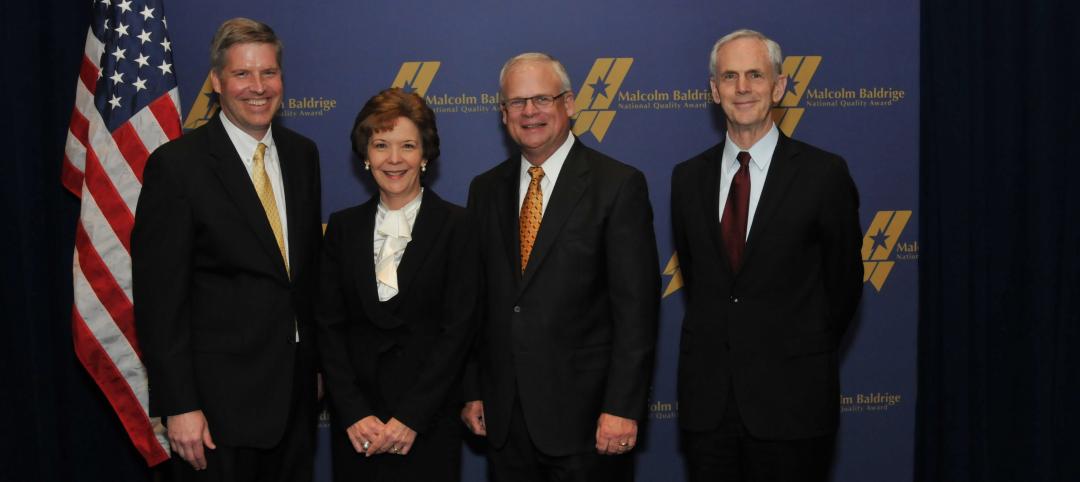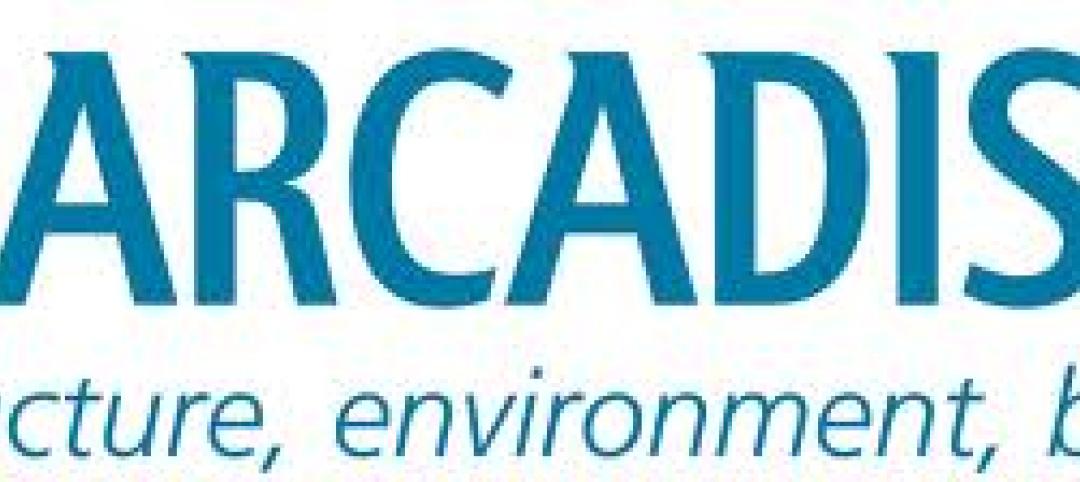The U.S. Green Building Council (USGBC) joined with six major organizations at the UN Conference on Sustainable Development (Rio+20) to announce the Global Initiative on Urban Resilience (GIUR), an effort designed to spur building and infrastructure development, create new investment opportunities, and foster community action around the world. Partner organizations include the C40 Cities Climate Leadership Group; ICLEI International; the World Bank; the Eye on Earth Summit; the Johns Hopkins University School of Advanced International Studies Program on Energy, Resources, and the Environment; and the Earth Council Alliance of Rio de Janeiro.
“Resilience cuts across all issues and sectors, and provides a new and vital dimension to the cause of sustainable development,” said Jason Hartke, Ph.D., vice president of national policy at USGBC. “This initiative will mobilize a new brand of leadership — leadership that advances solutions today while preparing us for the challenges of tomorrow.”
The GIUR aims to create solutions by focusing on urban geographies, identifying the synergies between city governments, nongovernmental organizations, financial institutions, and different business sectors. The report of the UN Secretary-General's High-Level Panel on Global Sustainability, “Resilient People —Resilient Planet: A Future Worth Choosing,” outlines a compelling vision, including 56 specific recommendations as well as a call to action.
“Mayors know the supposed choice between saving money and spending it on climate action is a false one. Mayors know climate change puts their cities at particularly great risk, but they also know there is economic opportunity for cities in the response to climate change. This initiative represents an opportunity for C40 to identify partnerships and resources that can turn plans for adaptation investment into action,” said Jay Carson, executive director of C40 Cities Climate Leadership Group, in partnership with the Clinton Climate Initiative.
The GIUR will focus on eight key areas, but will refine its reach as innovative ideas emerge. These goals of the GIUR are identified as: convene a core group of organizations that will coordinate stakeholders to provide global reach and dimension to the initiative; encourage a resiliency dimension to the green building movement; take a whole-of-urban government approach; develop new incentives for budget action on resilience by local governments around the world; build awareness of resilience as an indispensable precondition to sustainable development; develop harmonized metrics for success to better achieve milestones and outcomes; integrate geographic information systems and geospatial infrastructure into planning and budget decisions; and integrate systems for natural capital accounting, avoiding losses and reducing costs associated with shocks and disasters.
Konrad Otto-Zimmermann, secretary-general of ICLEI Local Governments for Sustainability, representing an association of more than 1220 local government members, observed that, “urban resilience must apply not only to climate change, but to all other shocks and stresses that affect community systems.”
“Building resilient communities worldwide requires innovation and new partnerships, bringing big money to portfolios of green economy projects," noted Dr. David Jhirad, director of the Energy, Resources, and Environment Program at the Johns Hopkins University School of Advanced International Studies and HRH Prince Sultan bin Abdul Aziz Professor in Energy and Environmental Policy.
Said Rachel Kyte, vice president for sustainable development at the World Bank: “We have to change the way we think about infrastructure, agriculture, transportation, water, energy, how communities become resilient and what kind of information we share. We have to help people make infrastructure decisions that will prove resilient far into the future.”
Related Stories
| Apr 20, 2012
Century-old courthouse renovated for Delaware law firm offices
To account for future expansion, Francis Cauffman developed a plan to accommodate the addition of an 8-story tower to the building.
| Apr 20, 2012
Registration open for Solar Power International 2012 in Orlando
President Bill Clinton to deliver keynote address at ?largest solar energy event in the Americas.
| Apr 19, 2012
Holcim cement plants recognized at PCA Spring Meeting
The Holly Hill plant received the PCA’s Chairman’s Safety Performance Award in recognition of their exceptional health and safety programs. The Theodore plant received the Environmental Performance Award in recognition of the steps they take beyond those required by laws, regulations and permits to minimize their impact on the environment.
| Apr 19, 2012
KTGY Group’s Arista Uptown Apartments in Broomfield, Colo. completed
First of eight buildings highlights unique amenities.
| Apr 18, 2012
Lafarge moving North American headquarters to Illinois
Lafarge CEO John Stull says the factors in their decision were location in the Midwest and area transportation.
| Apr 18, 2012
Positive conditions persist for Architecture Billings Index
The AIA reported the March ABI score was 50.4, following a mark of 51.0 in February; greatest demand is for commercial building projects.
| Apr 17, 2012
Princeton Review releases “Guide to 322 Green Colleges”
The guide profiles 322 institutions of higher education in the U.S. and Canada that demonstrate notable commitments to sustainability in their academic offerings, campus infrastructure, activities and career preparation.
| Apr 17, 2012
Freese and Nichols awarded Malcolm Baldridge National Quality Award
Freese and Nichols is the only engineering and architecture firm to ever receive this recognition.
| Apr 17, 2012
Miramar College police substation in San Diego receives LEED Platinum
The police substation is the first higher education facility in San Diego County to achieve LEED Platinum Certification, the highest rating possible.
| Apr 13, 2012
Arcadis merges with Davis Langon & Seah
Merger will help company expand business in Asia.


